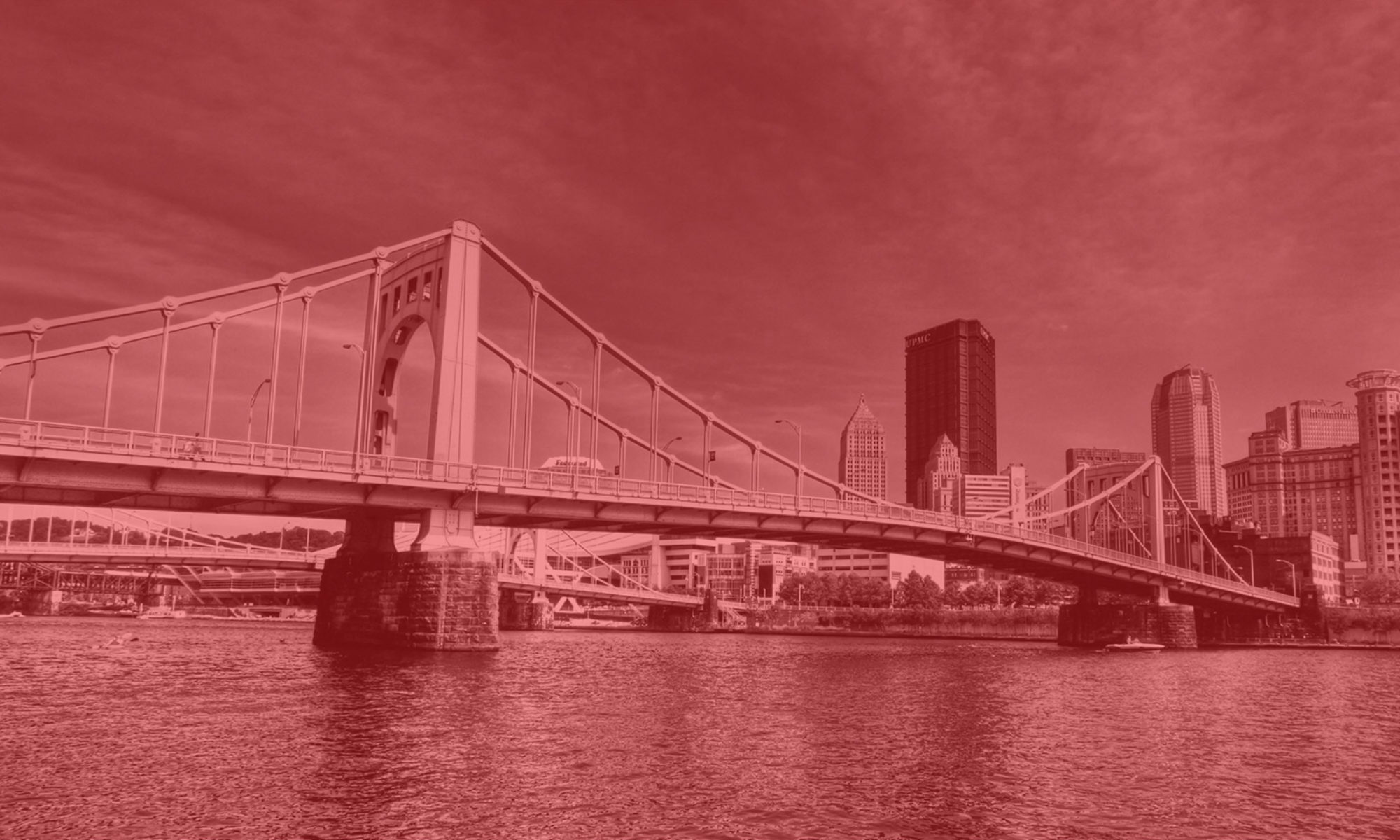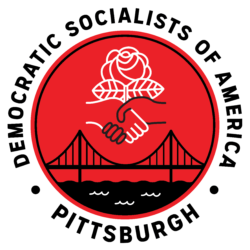On June 20, workers at four of Pittsburgh’s Carnegie Museums announced their campaign to win recognition as the United Museum Workers union. Many in the labor movement associate Andrew Carnegie with violent anti-unionism, and now — only a short distance from the sites of the Homestead Strike and the 1889 Johnstown flood — workers are organizing with United Steelworkers for the right to collectively bargain.
As socialists, we believe that the union is one of the greatest tools of the working class. We stand in full support of the United Museum Workers.
Despite their work preserving priceless artifacts, pieces of art and fossils, it is not uncommon that museum workers receive wages of only $8 an hour, and with a schedule short enough that the museum can avoid covering benefits.
Even as they educate the public, workers face difficulty in developing their own knowledge and professional skills, as management obscures hiring and advancement opportunities.
The pandemic pushed these issues to a breaking point. The museum pleads poverty despite having several large endowments and a Board of Trustees that includes several politicians, UPMC executives, and numerous CEOs.
It is only appropriate that the museum workers have joined with the United Steelworkers in forming their union. For it is the blood, sweat and exploitation of steelworkers in the late 19th century that funded the creation of the Carnegie Museums.
The United Museum Workers serve an important role in preserving art, scientific collections and ideas from the past. They are scientists, educators and art handlers. They work as research lab assistants, grant writers and web developers. Visitors see them at the front desks and as event ushers. In all of these roles, they provide crucial education services and inspire people of all communities to take an interest in the world we live in.
These workers are incredibly passionate, but that passion has been slowly drained through years of exploitation. In addition, they were forced back to work in the middle of a deadly pandemic, to put their lives at risk to keep the institution running. Many have done this without benefits like health insurance, and none have received hazard pay, while the CEO collects a half-million dollar salary (as of 2018).
The nonprofit industry is not exempt from exploitation and abuse, and their workers should not be exempt from demanding a share of the revenue they generate.
Unions give workers power to control their wages and hours, working conditions and benefits, but they also mean more: Unions change the power dynamics of the workplace and allow workers to stand against a capitalist system that exploits the working class.
Just as in the recent successful Carnegie Library union campaign, the institutions that Carnegie created out of a Gilded Age sense of philanthropy are unionizing — with workers joining together to secure a better quality of life.
While the steel mills in Homestead are long gone, the working class in Pittsburgh still fights for better wages, safer conditions and a share of power in the city’s modern industries.
-Pittsburgh DSA Labor Committee
“What does labor want? We want more schoolhouses and less jails; more books and less arsenals; more learning and less vice; more leisure and less greed; more justice and less revenge; in fact, more of the opportunities to cultivate our better natures, to make manhood more noble, womanhood more beautiful, and childhood more happy and bright.”
― Samuel Gompers


